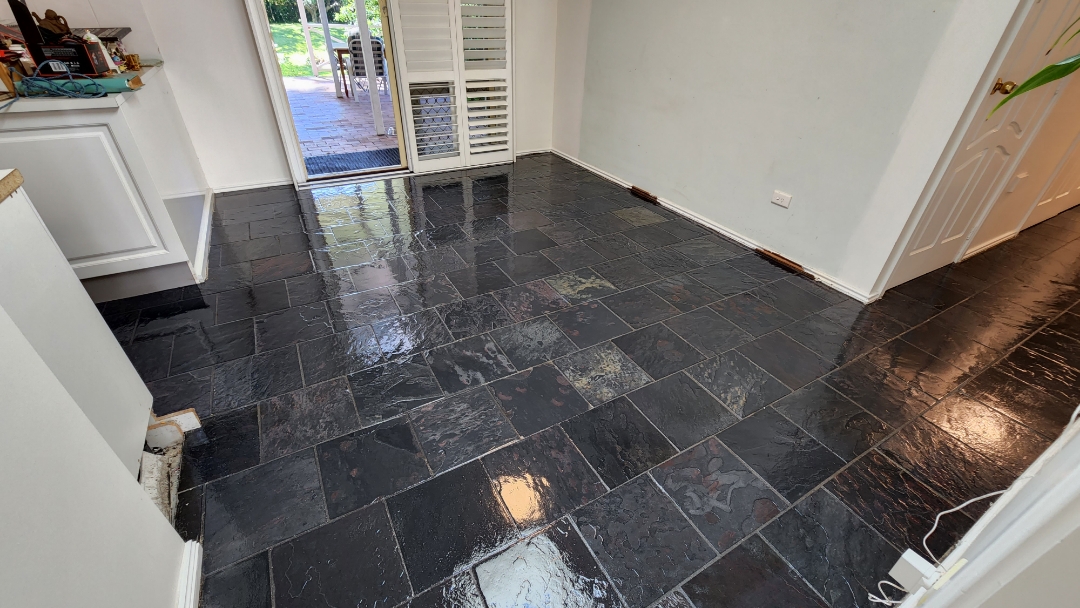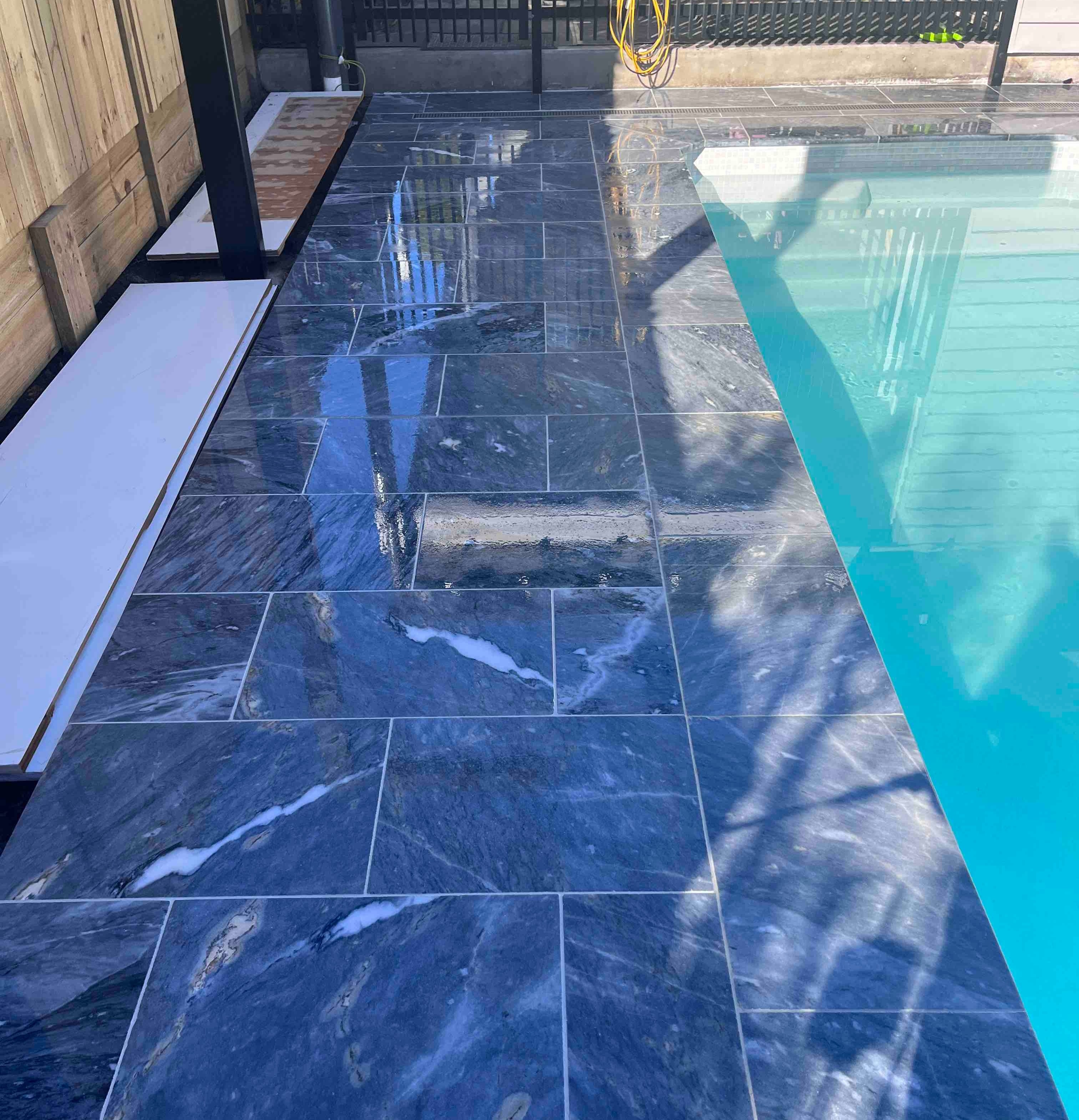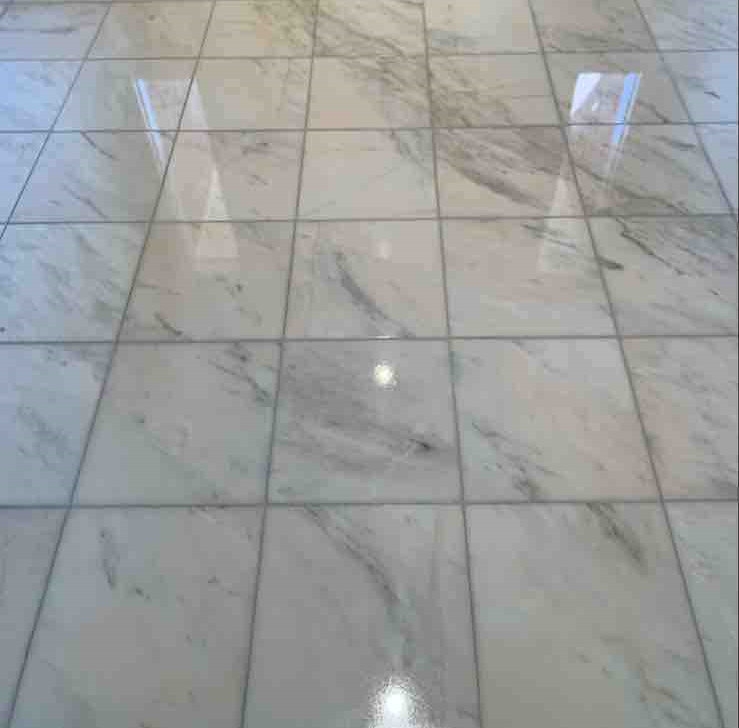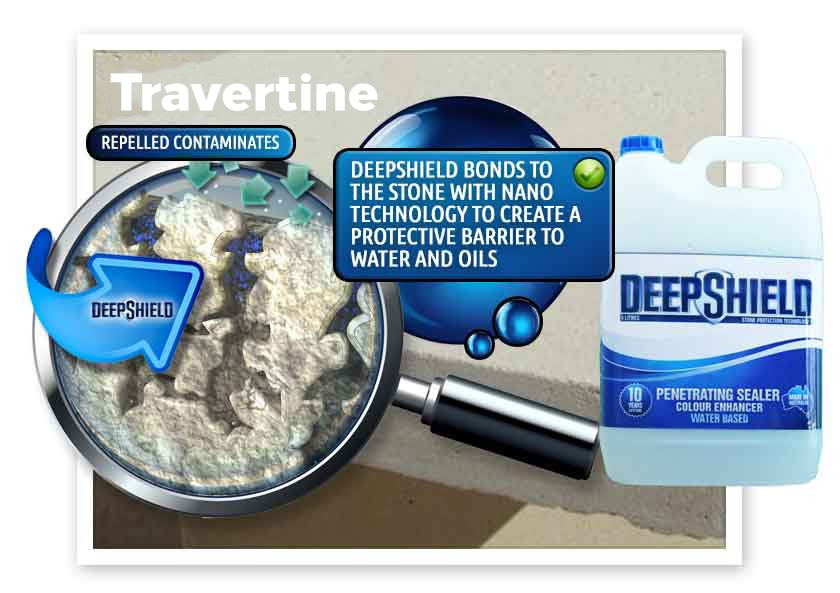When incorporating travertine into your shower, it's crucial to prioritize care and maintenance. Travertine is porous and susceptible to acids, which can corrode the stone. Hence, applying a high-quality deep penetrating sealer to your travertine surfaces is highly recommended.

- Promptly wipe away spills and consistently clean the travertine with a mild pH-neutral or alkaline-based cleaner in Chelsea. Avoid using any cleaners that contain acids.
- Toiletries should be kept off the travertine surface in Chelsea to prevent damage from the oils and chemicals they contain. Instead, store toiletries in a cupboard or place them on a tray.
- After showering, it's advisable to wipe the travertine dry in Chelsea to prevent the accumulation of soap scum and hard water deposits. Using liquid soap instead of bar soap is recommended for travertine showers in Chelsea, as liquid soaps won't leave behind a chalky soap scum film like bar soaps can.
- Travertine in Chelsea is an extremely soft stone, and using abrasive scrub pads or brushes can easily scratch or dull its finish.
- Regularly cleaning and removing soap scum in Chelsea will help prevent the formation of calcium and lime deposits, which can potentially deteriorate the travertine. Additionally, soap scum and shampoo deposits can leave behind a chalky residue on the shower, detracting from its appearance.

Over time, travertine in bathrooms in Chelsea may lose its original polished or honed finish and may need the expertise of a stone restoration professional.
A reputable stone restoration service provider like StoneMaster in Chelsea will utilize diamond pads to restore your travertine shower tiles to a highly polished or honed finish, depending on your preferences. It's recommended to discuss your travertine bathroom restoration options with them in Chelsea to determine the most suitable approach for revitalizing the travertine in your bathroom.










